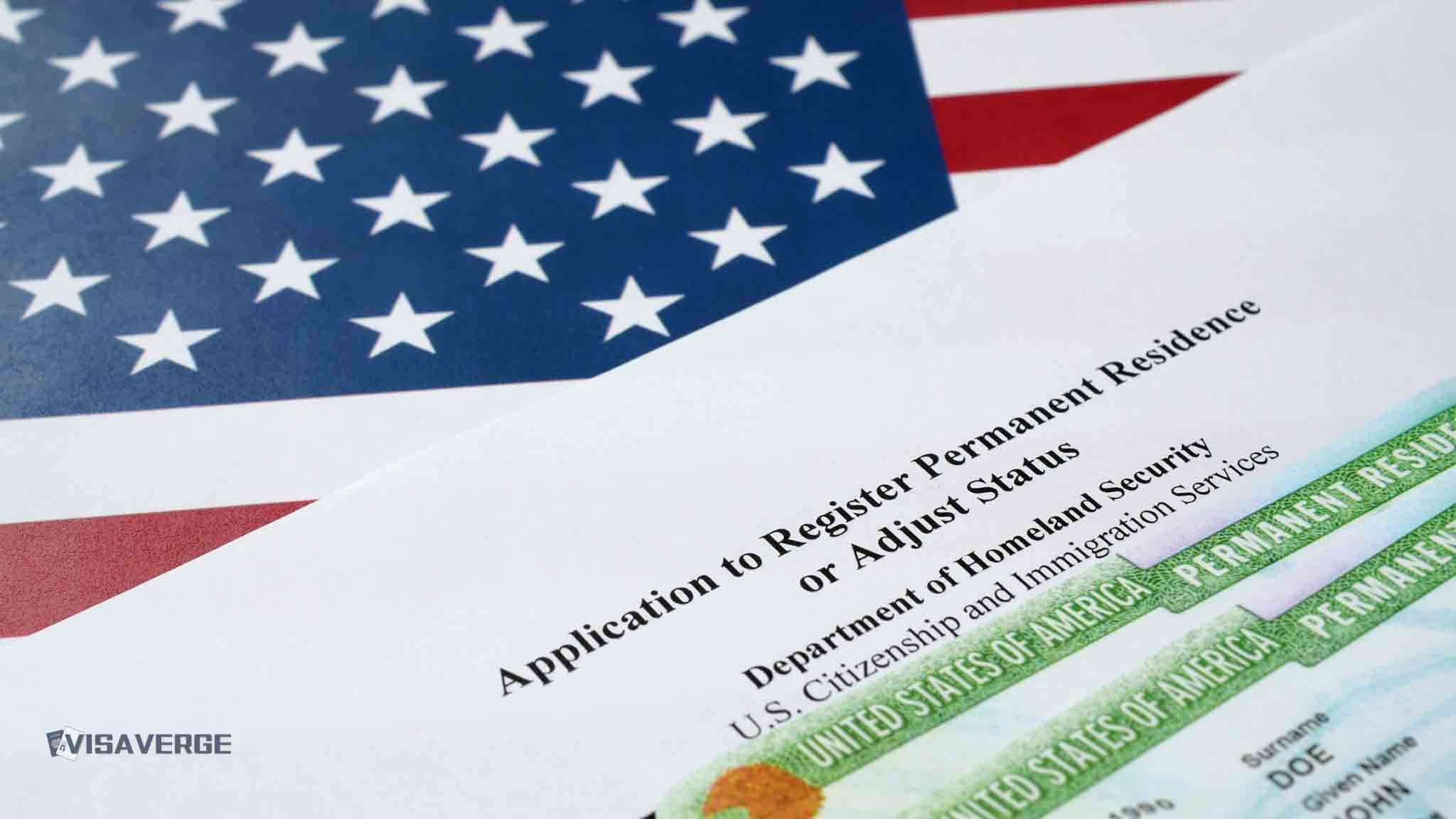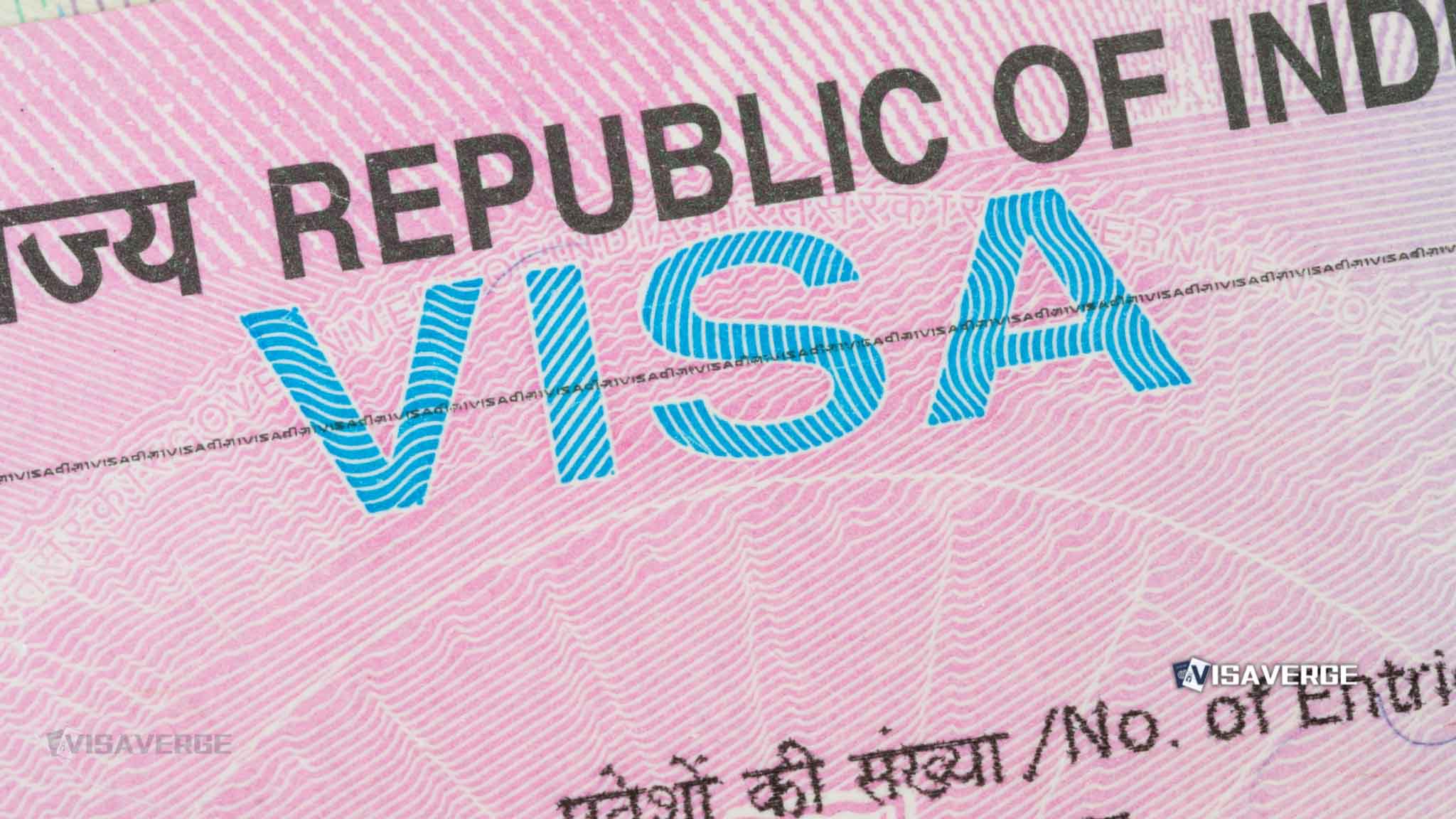Self-harm history may impact U.S. immigration admissibility, requiring medical evaluations and thorough documentation for potential entry approval.
USCIS and other agencies assess inadmissibility, balancing health concerns with individual rights and mental health management.
Misconceptions exist; honesty and thorough preparation are crucial to navigate legal immigrant entry processes effectively.
U.S. Immigration: Self-Harm History and Inadmissibility
Past self-harm can influence U.S. visa eligibility, presenting potential barriers under USCIS immigration laws. It’s important to understand the implications of self-harm on U.S. admissibility and how to navigate these complex situations.

Why it matters: Mental health issues, such as self-harm, intersect with immigration policies, impacting applicants’ chances of entering the United States.
The big picture:
– Inadmissibility Factors: USCIS considers various grounds, including health-related concerns, to determine eligibility.
– Health Risks: Past self-harm could imply risks of future instability or danger to oneself.
– Legal Framework: The Immigration and Nationality Act (INA) includes criteria affecting those with mental disorders and associated behaviors.
What they’re saying: Legal experts emphasize that each case is unique, pointing to recent legal precedents that weigh individual mental health conditions against immigration prerequisites.
Role of Medical Evaluations:
– Key Step: Medical exams by Civil Surgeons assess physical and mental health impacts on immigration eligibility.
– Detailed Assessments: Medical professionals evaluate past self-harm in relation to any mental disorders, treatment, and stability.
Potential Impact on Different Groups:
– Immigrants: Need to provide medical records and treatment evidence.
– Employers and Families: Should understand visa impacts and confidentiality needs.
Key Agencies Involved:
USCIS, in collaboration with the CDC and Department of State, evaluates health-related inadmissibility concerns, ensuring thorough assessments.
Yes, but: History of self-harm doesn’t always lead to inadmissibility; the context and current health status significantly influence outcomes.
Steps for Affected Individuals:
– Obtain professional medical evaluations.
– Compile comprehensive treatment records.
– Seek legal advice for personalized guidance.
– Maintain transparency with immigration authorities.
The bottom line:
Individuals with a history of self-harm must navigate sensitive immigration protocols with care and honesty. Awareness of one’s mental health status, proper documentation, and professional legal support are crucial to managing U.S. immigration challenges effectively.
Taking a Closer Look
Past self-harm can raise concerns about being inadmissible when seeking entry into the United States, especially in the context of immigration laws enforced by the U.S. Citizenship and Immigration Services (USCIS). It’s crucial to understand how self-harm, a deeply personal and delicate issue, intersects with immigration policies and what steps can be taken to address potential concerns when dealing with the USCIS.
Understanding Inadmissibility Criteria
The term “inadmissible” under U.S. immigration law refers to certain conditions or characteristics that can prevent a person from entering the United States or obtaining a visa. The USCIS, along with other government agencies, is responsible for determining admissibility based on various factors including health-related grounds, criminal history, and past immigration violations, among others.
One aspect of health-related grounds involves cases where a person may pose a risk to themselves or others. This is where past self-harm can become relevant. Self-harm refers to acts of deliberately causing injury to oneself, usually as a way to cope with emotional distress. While it is primarily a mental health issue, it can carry implications for immigration processes, particularly if it is seen as an indicator of potential future harm or instability.
Historical Context and Legal Framework
Historically, U.S. immigration law has included provisions to ensure that individuals entering the country are not seen as a threat to themselves or to public safety. The Immigration and Nationality Act (INA) provides the legal framework, stipulating that individuals who have a mental disorder with associated harmful behavior may be deemed inadmissible. However, the assessment of what constitutes a “mental disorder” or “harmful behavior” can be complex and requires careful consideration by professionals.
It’s important to note that having a history of self-harm does not automatically render a person inadmissible. The context, severity, and treatment of the condition play a significant role. USCIS officers or consular officials consider comprehensive medical evaluations and expert opinions when making their determinations.
Role of Medical Evaluations
For individuals with a history of self-harm, a medical examination is often a crucial step in the immigration process. Performed by a designated physician, or Civil Surgeon, this examination assesses the applicant’s physical and mental health. During this examination, the Civil Surgeon will evaluate how past incidents of self-harm might relate to any underlying mental disorders and whether such issues could potentially pose a risk.
If a mental health condition is identified, the medical professional will provide detailed information about the condition, including its prognosis, stability, and treatment history. This information is then used to evaluate if the individual qualifies for admission under U.S. immigration laws.
Potential Impact on Different Groups
Understanding how potential inadmissibility due to self-harm affects different groups within the immigration process is critical:
- Immigrants: Those with a known history of self-harm should gather relevant medical records and evidence of treatment to present a strong case to immigration authorities. Demonstrating successful management of such conditions can be pivotal.
-
Employers: In the case of employment-based visas, employers may need to be aware of the processes surrounding medical evaluations for potential employees. It’s also essential for employers to understand confidentiality respects as per U.S. laws.
-
Families: Family members looking to bring relatives to the U.S. may need to help in compiling necessary documentation related to the applicant’s health and mental well-being.
Key Agencies Involved
USCIS, part of the Department of Homeland Security, is the main body responsible for overseeing lawful immigration to the United States. They work closely with the Centers for Disease Control and Prevention (CDC) to implement health-related grounds of inadmissibility. The CDC provides guidelines concerning which health conditions can affect an individual’s immigration status.
Additionally, the Department of State, through its consular officers, plays a part in assessing inadmissibility when individuals apply for visas outside the United States. The collaboration between these agencies ensures that health-related concerns, including those arising from past self-harm, are comprehensively evaluated.
Recent Changes and Legal Precedents
The interpretation of mental health-related inadmissibility criteria is subject to ongoing changes and legal precedents. Recent legal debates focus on how mental health issues, particularly those related to acts of self-harm, should be balanced against the personal rights of individuals and their potential contributions to society if allowed to immigrate.
Case law has shown varying outcomes, where courts have sometimes favored allowing individuals with a stable mental health condition to enter or remain in the U.S., especially when they have demonstrated consistent treatment and management of their condition.
Consequences of Non-Compliance
Failing to disclose past incidents of self-harm during the immigration process can have severe consequences. Providing false information or omitting relevant medical history can lead to denial of entry, visa refusal, or even deportation if discovered later. Trust and transparency with immigration officials are paramount to avoid future legal complications.
Pending Legislations and Debates
Current debates around immigration policy often involve how mental health is factored into admissibility decisions. Discussions include whether revisions to existing laws can offer more nuanced guidelines that protect both the safety of the U.S. public and the rights of immigrants suffering from mental health conditions, like past self-harm, which have been effectively managed.
Proposals are also being considered regarding enhanced training for immigration officers in mental health awareness to ensure fair and compassionate evaluations.
Common Misconceptions
One of the most common misconceptions is that any history of self-harm will automatically make someone inadmissible to the U.S. It’s important for applicants to understand that each case is evaluated individually, with thorough consideration given to recent mental health status and treatment.
Another misconception is that previous self-harm must be entirely erased from medical records to avoid inadmissibility. This is not true, and attempting to mislead officials can result in negative consequences.
Steps for Affected Individuals
For those with a history of self-harm worried about inadmissibility, it is advisable to:
- Seek a professional medical opinion or evaluation.
- Collect comprehensive medical records and evidence of treatment and stability.
- Consult with an immigration attorney for guidance specific to their case.
- Be honest and forthcoming in all dealings with immigration officials.
Conclusion and Resources
While it can be daunting, dealing with past self-harm in the context of U.S. immigration does not have to be insurmountable. Those affected are encouraged to educate themselves on the processes and resources available for support. Utilizing legal expertise and professional medical consultations can be vital in presenting a comprehensive and honest case to USCIS.
For more information on immigration and health-related admissibility, individuals can visit the official USCIS website which provides detailed guidelines and resources. Additionally, as reported by VisaVerge.com, having insight into recent immigration trends and policies can offer valuable perspectives on navigating the complexities of immigration with mental health considerations.
Learn Today
Inadmissible: A legal term referring to individuals who cannot enter the U.S. due to certain conditions or characteristics.
Self-harm: Deliberate self-injury to cope with emotional distress; relevant in immigration to assess mental health stability.
USCIS: U.S. Citizenship and Immigration Services, an agency that oversees lawful immigration and assesses admissibility.
Immigration and Nationality Act (INA): The legal framework governing U.S. immigration, including criteria for determining inadmissibility.
Civil Surgeon: A designated medical professional who conducts health examinations for immigration purposes to evaluate admissibility.
This Article in a Nutshell
Past self-harm could impact U.S. immigration eligibility due to health-related inadmissibility criteria. However, it doesn’t automatically bar entry. Transparency and comprehensive documentation, including medical evaluations and treatment records, are crucial. Consulting an immigration attorney may provide further guidance, turning past challenges into a manageable step toward a hopeful future.
— By VisaVerge.com
Read more:
• Beyond the Badge: Verifying USCIS Official Identity
• Beware of USCIS Agent Impersonation Scams
• How to Verify USCIS Social Media Accounts
• How to Verify USCIS Official Contacts
• USCIS H-1B Changes: Impact on Employers Explained








